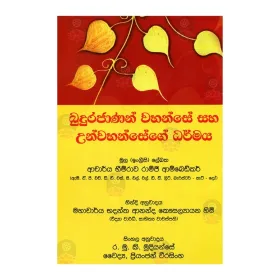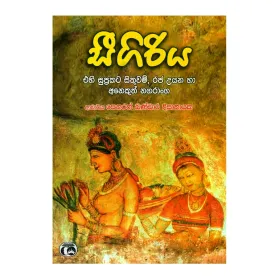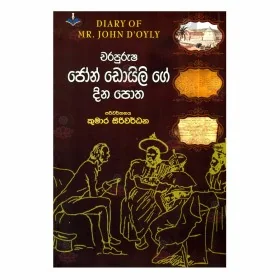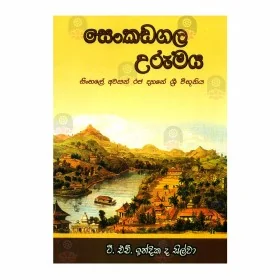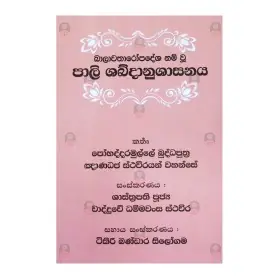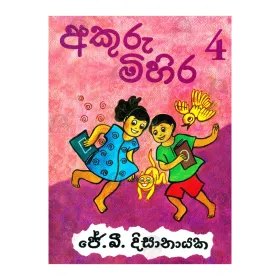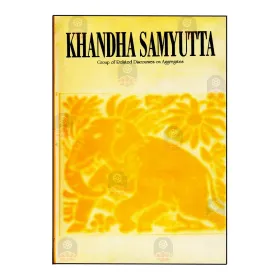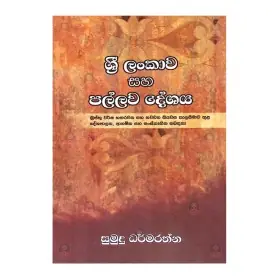Bauddha Shabdakoshaya
බෞද්ධ ශබ්දකෝෂය - ඉංග්රීසි පෙළ සහිතව ප්රථම වරට පළකරන ශාස්ත්රීයවූත් ප්රාමාණිකවූත් බෞද්ධ ශබ්දකෝෂයේ මෙම සිංහල පරිවර්තනය සිංහල සහ ඉංග්රීසි යන ද්විභාෂාවන් ම උපයෝගී කරගනිමින් ධර්ම ශාස්ත්රීය කටයුතුවල නියැලෙන වියතුන්ට මෙන්ම අධ්යාපනිකයන්ට ද, ධර්මය පිළිබද ගැඹුරුවූත් නිවැරදිවූත් පිරිසිදු වූත් දැනීමක් හා දැක්මක් අපේක්ෂා කරන සියලූ දෙනාට ද, අතිශයින්ම ප්රයෝජනවත් ප්රායෝගික අත් පොතක් බදුය.
Rs 1,575.00
Rs 1,750.00


